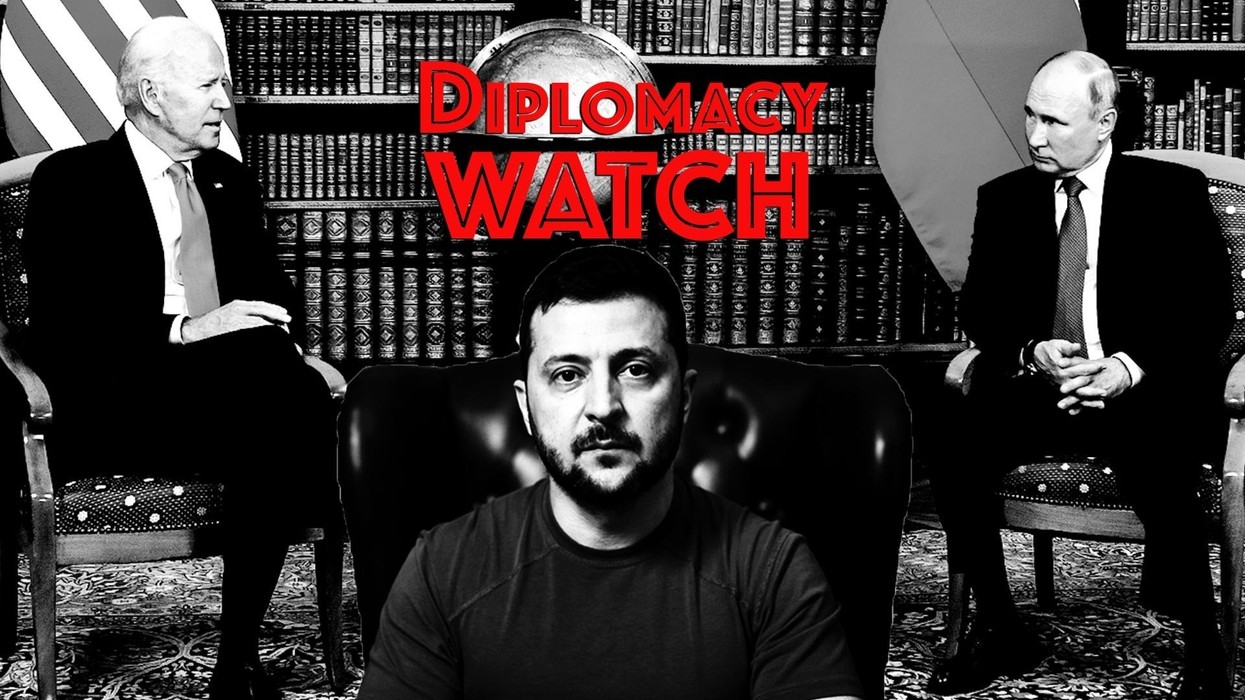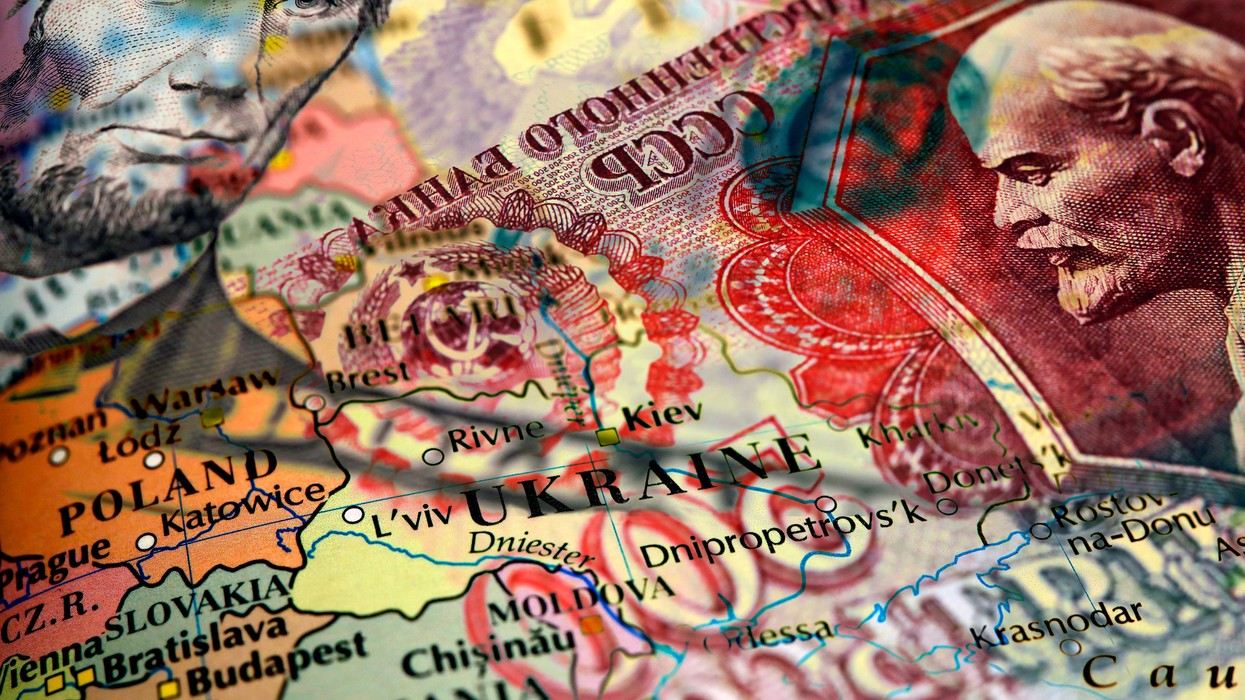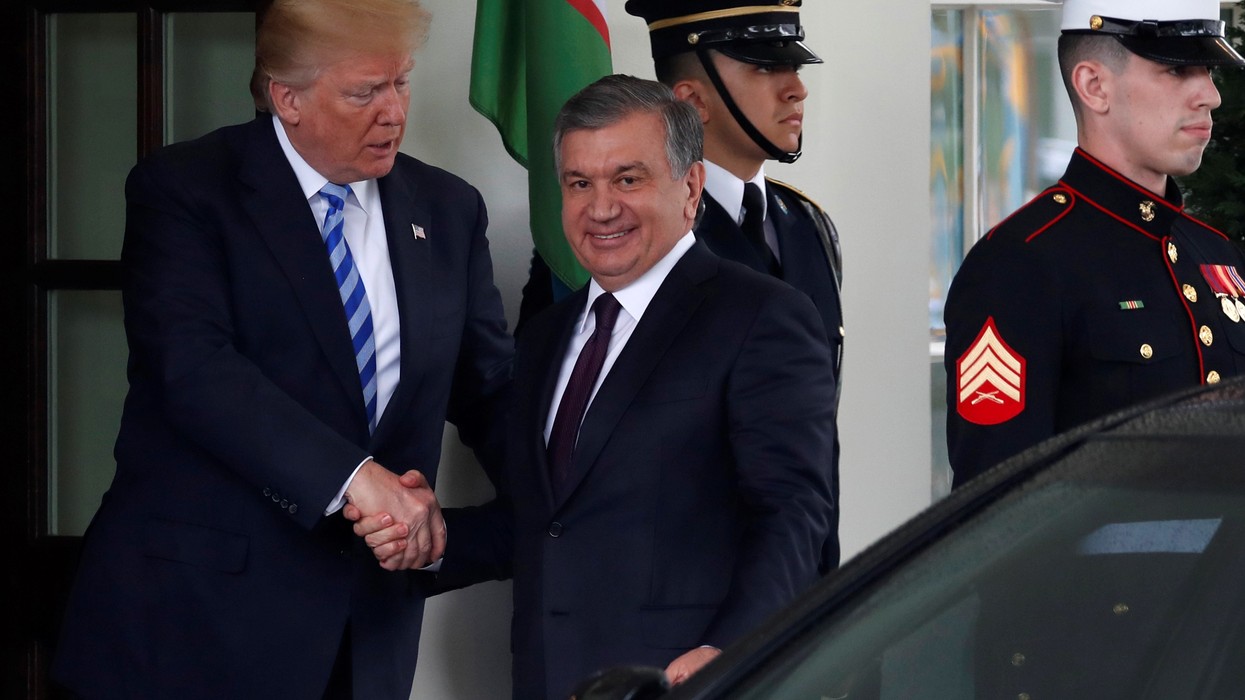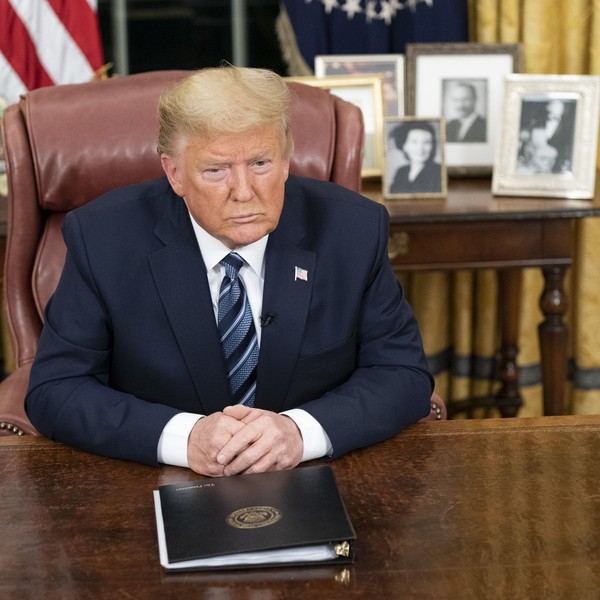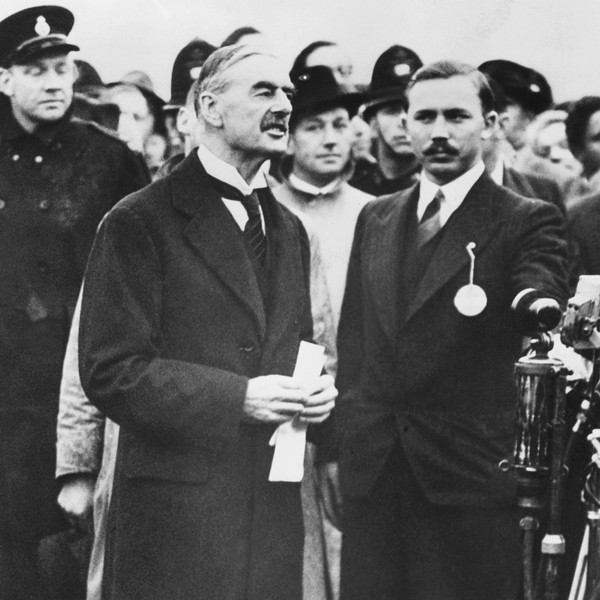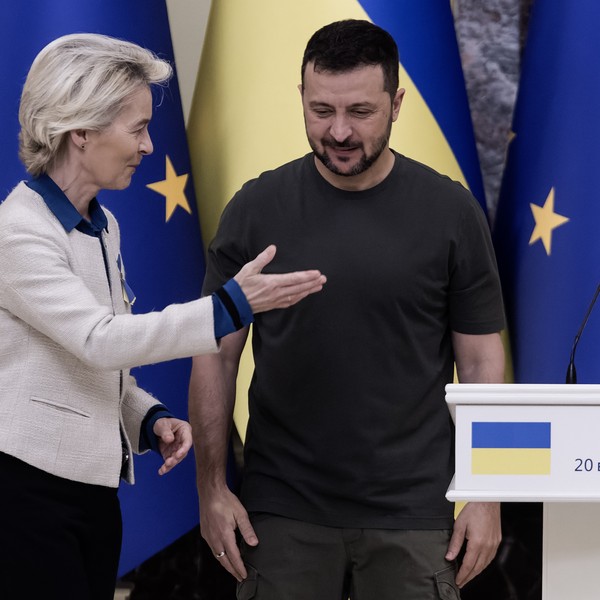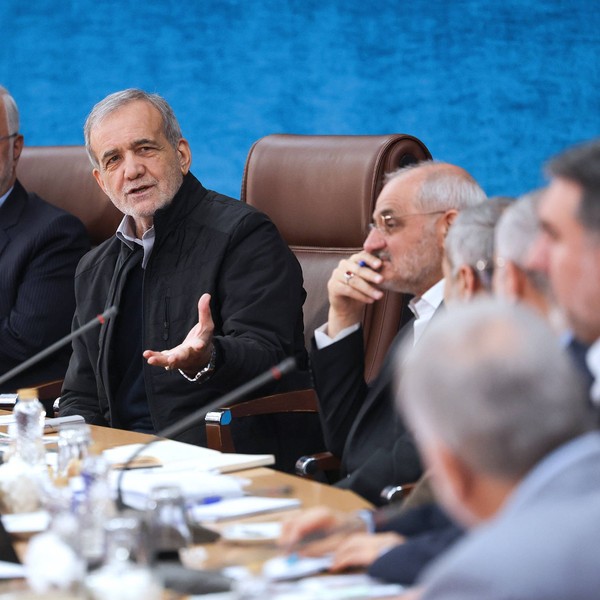Congress will block a major weapons deal and could levy new sanctions on Turkey if the country follows through on threats to block Sweden from joining NATO, according to Sen. Chris Van Hollen (D-Md.).
“There's no scenario where the F-16 sale goes through without ratification by Turkey [of Sweden and Finland’s NATO bids],” Van Hollen said at an Al-Monitor event in Washington, D.C. on Tuesday.
Citing Turkey’s unwillingness to levy sanctions against Russia and its threats to invade northeast Syria, the lawmaker said Ankara is “for the most part not a faithful ally.”
The news comes as the Biden administration is preparing to notify Congress of its intent to conclude a $20 billion deal to supply Turkey with F-16 fighter jets. The controversial sale has become more complicated since last week, when Turkish President Recep Tayyip Erdogan pledged to block Sweden from entering NATO after a protestor in Stockholm burned a Quran.
Once they receive notification, lawmakers will have a month to pass a resolution of disapproval in order to block the sale. Van Hollen predicted that President Joe Biden would not attempt to veto such a bill if Congress took a stand against the deal.
Van Hollen, who is a member of the Senate Foreign Relations Committee, also criticized Turkey and the United Arab Emirates for their unwillingness to comply with Western sanctions against Russia. “Those are two countries where we've been very concerned [that] we're seeing leakage in the sanctions regime,” he said.
Meanwhile, U.S.-Turkey tensions continue to mount over the situation in northeast Syria, which Ankara has threatened to invade over alleged ties between Kurdish groups in the region and the perpetrator of a November attack in Istanbul.
According to Van Hollen, Biden has “pushed back quietly but forcefully” in order to block such an incursion, which he says would threaten America’s Kurdish allies and distract them from anti-ISIS operations. But the Maryland Democrat said Congress could take a harder stance if Erdogan follows through on his threats.
“This is an area where I think that there have to be consequences in terms of joint U.S.-European action,” he said, adding that, in his view, economic sanctions against Turkey would be the most appropriate option.

